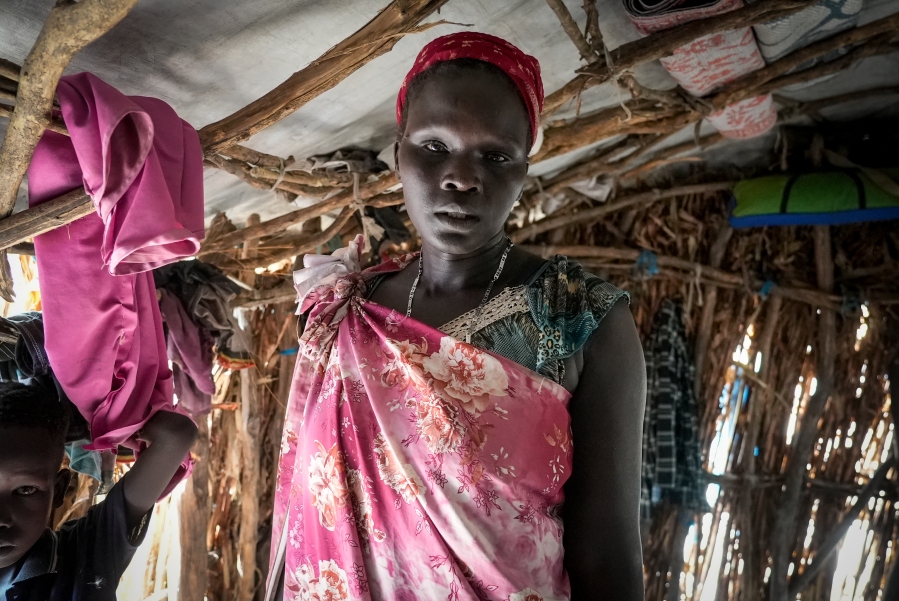Working in Darfur in 2004 was like stepping into the abyss. I recall vividly when my team and I spent a night in a tent we set up in a burnt hut in a town between Zalingei and Garsilla in West Darfur. The ground still radiated heat from the destruction the day before, when the entire village was attacked and destroyed.
The dire conditions were evident everywhere — people had nothing, living in makeshift settlements constructed from whatever materials they could find. Families resorted to eating leaves in a desperate attempt to fill their empty stomachs. It was during this time that I met a young boy, only five years old, the same age as my own son at the time.
However, he appeared no older than a two-year-old, as his body was merely skin and bones. The only veins we could locate for an IV were on his head. I had to leave briefly to visit another health clinic, and when I returned, my heart sank as I discovered that he had passed away.
In that tragic moment, I realized it could have been my own son, and the absence of support and intervention stole this child’s chance at life. If the world had paid attention to Darfur earlier, that little boy could still be alive today. The scenes I witnessed in 2004 are hauntingly similar to what is happening today.
Right now, non-Arab communities like the Masalit are being targeted and killed. Homes are being destroyed and bodies are being abandoned in the streets. Last week, the that a mass grave in West Darfur was found and at least 87 people, including people from the Masalit tribe, had been brutally murdered.
This is comparable to the crimes that the . The world waited too long to intervene when ethnic violence began in Sudan in 2003. As a result, an estimated people died between 2003 and 2005, and 2 million people were forced to flee their homes.
People around the world rallied in support — everyone from corporations and politicians to celebrities like George Clooney and Angelina Jolie — creating campaigns like Never Again, Not On My Watch and the Save Darfur Coalition. The world vowed to never let an atrocity of this magnitude happen again. Yet, it is happening again, and the world is silent.
, as many as 3,000 people have died in Darfur and in Sudan’s capital, Khartoum, and over 3 million people have been displaced. The urgency of intervention cannot be overstated. Time is of the essence.
There must be an immediate ceasefire across Sudan so organizations can safely deliver food, hygiene kits, nutritional support, and healthcare. Delivering aid in a complex situation like Sudan isn’t easy. International organizations need robust and flexible funding to implement innovative, non-traditional responses alongside local partners.
This could include cross-border operations from Chad, South Sudan and other bordering countries if access is not secured. Supporting local organizations throughout the affected areas is a critical part of any anticipated humanitarian response. Working together on the ground not only saves lives but provides protection for the population by bearing witness to what’s happening.
While the hope for Sudan is lasting peace, we cannot wait for successful peace negotiations to act. Lives are being lost each day, and it is our moral obligation to respond swiftly and effectively. Massacres are unfolding before our eyes, and we are repeating the same mistakes made in 2003.
We cannot afford to delay action any longer — lives are on the line. .
From: thehill
URL: https://thehill.com/opinion/international/4108801-we-failed-sudan-in-2004-we-cannot-let-history-repeat-itself/



